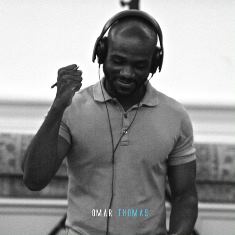I thoroughly enjoyed this interview with award-winning composer, Omar Thomas, about his new album, 'We Will Know', a monumental work of art that breathes new life into the word "movement". Inspired by the popular civil rights protest song, "We Shall Overcome", Omar has just gifted the (U.S.) LGBT civil rights…
